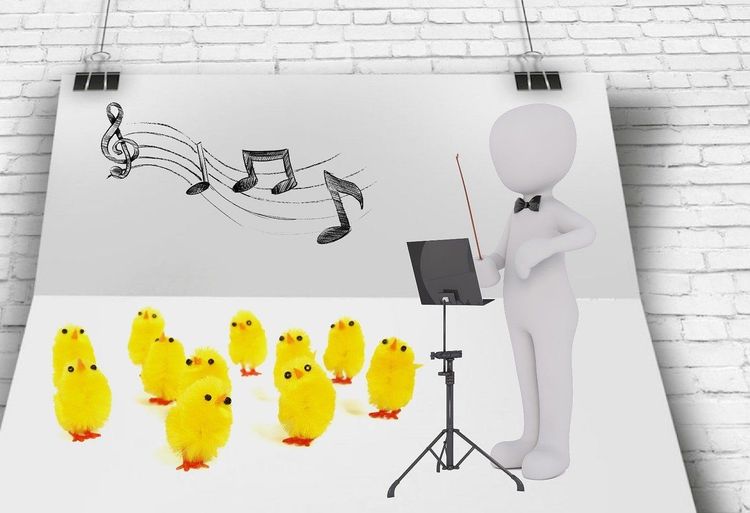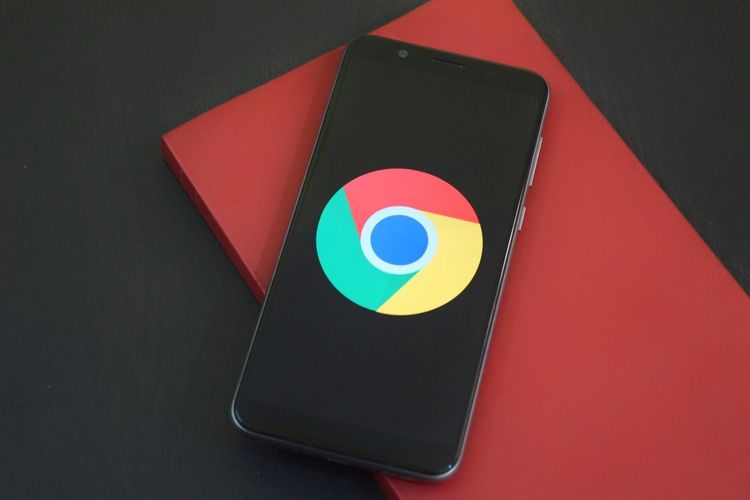Microsoft clearly aims for Copilot—its suite of AI-driven content creation technologies—to emerge as a significant revenue stream in the future. This ambition seems grounded in reality, especially since over 40% of the Fortune 100 have engaged with Copilot's early access program.
However, transitioning Copilot from a costly expenditure to a consistent revenue generator will necessitate substantial and sustained growth, particularly given the high expenses associated with operating generative AI models in the cloud.
In light of this, Microsoft today unveils a consumer-centric paid Copilot plan and eases the eligibility criteria for its enterprise Copilot offerings. This strategy appears designed to expand the potential customer base while enhancing the appeal of Microsoft’s applications—including Word, Excel, and others in the Microsoft 365 suite—through advanced AI features.
Introducing Copilot Pro, the new consumer plan available for $20 per user, per month, allows access to GenAI features within Word, Excel (currently in preview and only in English), PowerPoint, Outlook, and OneNote across PC, Mac, and iPad for subscribers of Microsoft 365 Personal or Family plans. Copilot Pro is not included with a Microsoft 365 subscription; instead, it acts as a premium add-on, raising the lowest-tier Microsoft 365 subscription cost to $27 per month ($6.99 for Microsoft 365 Personal plus $20 for Copilot Pro).
The capabilities offered with Copilot Pro mirror those already available to enterprise users. In Word and OneNote, Copilot assists with writing, editing, summarizing, and generating text. In Excel and PowerPoint, it converts natural language commands into well-designed presentations and data visualizations. Moreover, in Outlook, Copilot aids in drafting email replies, providing customizable options for length and tone.
Additionally, Copilot Pro subscribers enjoy 100 daily “boosts” in Designer (previously Bing Image Creator), Microsoft’s AI image generation tool, thereby accelerating the image creation process with improved quality and layout options. They also receive priority access to the latest GenAI models that power Copilot, including OpenAI’s GPT-4 Turbo, purportedly delivering enhanced performance during peak usage times.
Looking ahead, Copilot Pro users will be able to select between models based on their preferences and, for those seeking even more tailored experiences, they can utilize Microsoft’s upcoming Copilot GPT Builder to create customized “Copilots” focused on specific topics using curated prompts.
Though it echoes OpenAI’s newly launched GPT Builder for creating bespoke chatbots, the expectation is that Copilot GPT Builder will integrate Microsoft-specific services and applications.
Copilot for Business
As Microsoft launches a premium Copilot option for consumers, it is also expanding its business offerings.
Starting today, Copilot is available to organizations using Microsoft 365 Business Premium, Business Standard, E3, and E5, as well as Office 365 E3 and E5. Previously, the Copilot for Microsoft 365 required a minimum purchase of 300 users and a Microsoft 365 license, both of which are no longer barriers to access.
Significant differences exist between Copilot for Microsoft 365 and Copilot Pro, particularly with the Teams integration. Enterprise users benefit from a specialized “Copilot” in Teams that provides real-time summaries and action items, facilitating tasks such as identifying follow-up participants and generating meeting agendas.
Furthermore, Copilot for Microsoft 365 includes what Microsoft describes as “enterprise-grade data protection” and utilizes the Semantic Index, a backend system that maps organizational data to deliver more personalized and relevant responses.
Businesses using Copilot for Microsoft 365 can also take advantage of enhanced customization features through Copilot Studio—a robust version of Copilot GPT Builder. Debuted in November, Copilot Studio allows users to design their own chatbots and plugins while fine-tuning them with proprietary company data.
New Free Features
While Microsoft is pivoting towards its paid Copilot plans, it hasn't forgotten free users.
Today marks the debut of Copilot GPTs, akin to OpenAI’s GPTs, which are focused on specific topics of interest. A selection of these Copilot GPTs launched today on the web client, tailored to answer queries about areas such as fitness, travel, and cooking.
Simultaneously, Microsoft has released a free mobile Copilot app, offering access to GPT-4, DALL-E 3 for image creation, and enabling users to use images on their phones while chatting with Copilot. The app synchronizes chat history across mobile, PC, and web platforms. Microsoft plans to integrate Copilot into the Microsoft 365 mobile app for both Android and iOS for users with a Microsoft account over the next month, allowing the export of Copilot-generated content to Word or PDF documents.
Lastly, Microsoft is enhancing language support for Copilot. By early 2024, Copilot will expand to include Arabic, Czech, Danish, Dutch, Finnish, Hebrew, Hungarian, Korean, Norwegian, Polish, Portuguese, Russian, Swedish, Thai, Turkish, and Ukrainian.







